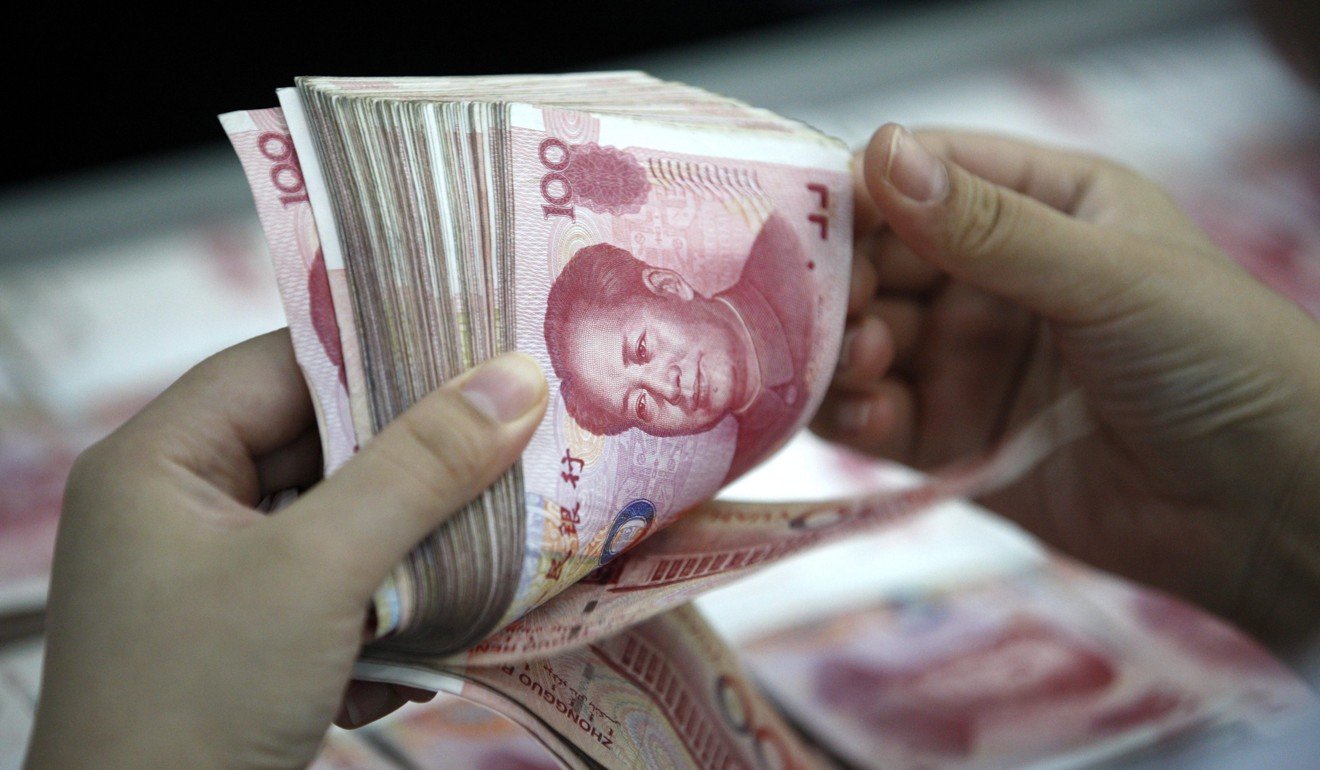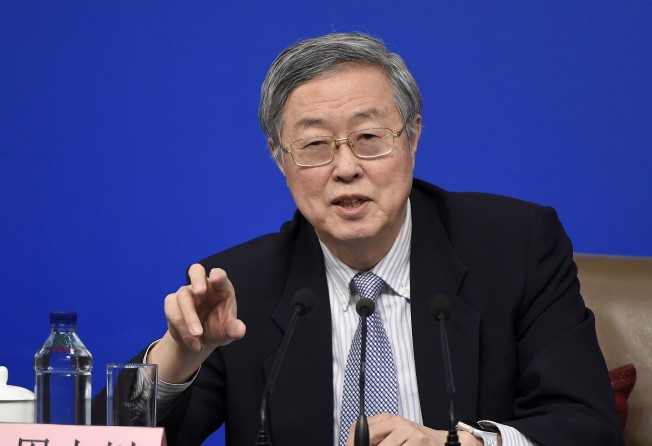
China’s central bank chief makes reform appeal: please free up the yuan
In what may be one of his last major interviews in the job, Zhou Xiaochuan says three liberalisations have been key to the country’s rise on the economic stage

China must press on with a “trinity” of reforms to fully realise an open economy, Zhou Xiaochuan, the country’s central bank chief for the last decade-and-a-half, told influential financial magazine Caijing in what could be one of his last major interviews in the top job.
Zhou, governor of the People’s Bank of China, said China must embrace free trade and investment, let the market decide the yuan’s value, and scrap capital account controls.
He said the three elements were interlinked and could not be separated.
“It’s very clear that they are conditional on each other and none of the three can be spared,” he was quoted as saying in an interview published on Monday night.
At 69, Zhou has designed and promoted a series of economic liberalisations over the last 15 years, including freeing up interest rates at home and earning the yuan a nominal international reserve currency status abroad.
But he has also reached the unofficial retirement age for Chinese officials and could step down when the Communist Party convenes a five-yearly gathering in Beijing next week.
Reflecting on China’s opening up since the early 1980s, Zhou said China’s position in the global economy was the result of a combination of the three liberalisations.
“No country can create an open economy with heavy foreign exchange controls ... [and]an exchange rate set under capital account controls won’t be a true market equilibrium rate,” he said.
Zhou’s advocacy of economic liberalisation comes amid concerns at home about the risks of a freer exchange rate and flow of capital in the aftermath of a stock market rout and rapid capital outflows two years ago. As a result of those concerns, the central government has imposed draconian capital account controls to stem outflows and intervened in the yuan exchange rate through a “countercyclical” factor.

But Zhou said China should not wait for “conditions” to be ripe to free up the exchange rate system, nor should China drag its feet for fear of mistiming other reforms.
“If a few ministries have different views over the time frame or conditions, then the likely outcome is to wait, to rely on others, and to request others to move first, which in turn leads to irresponsibility and deadlock,” he said.
Unlike the US Federal Reserve and other central banks that are independent of the administration in government, the Chinese central bank under Zhou is part of the State Council, the cabinet. And that means Zhou has to persuade other ministers and state councillors to come to a consensus on key reforms.
But he said that process was an asset.
“In my understanding, central bank independence doesn’t mean independence from the government. In fact, it means an independent and effective monetary policy,” he said.
Zhou also said China has been trying to find a new way to balance its trilemma – that it can only choose two of the three goals of free capital outflow, an independent monetary policy and a stable exchange rate.
Zhou said China’s opening could only move forward through the “ratcheting effect”, a reference to the difficulty of reversal once certain events have happened.
“There’s an English saying; we’ve passed the point of no return,” he said.